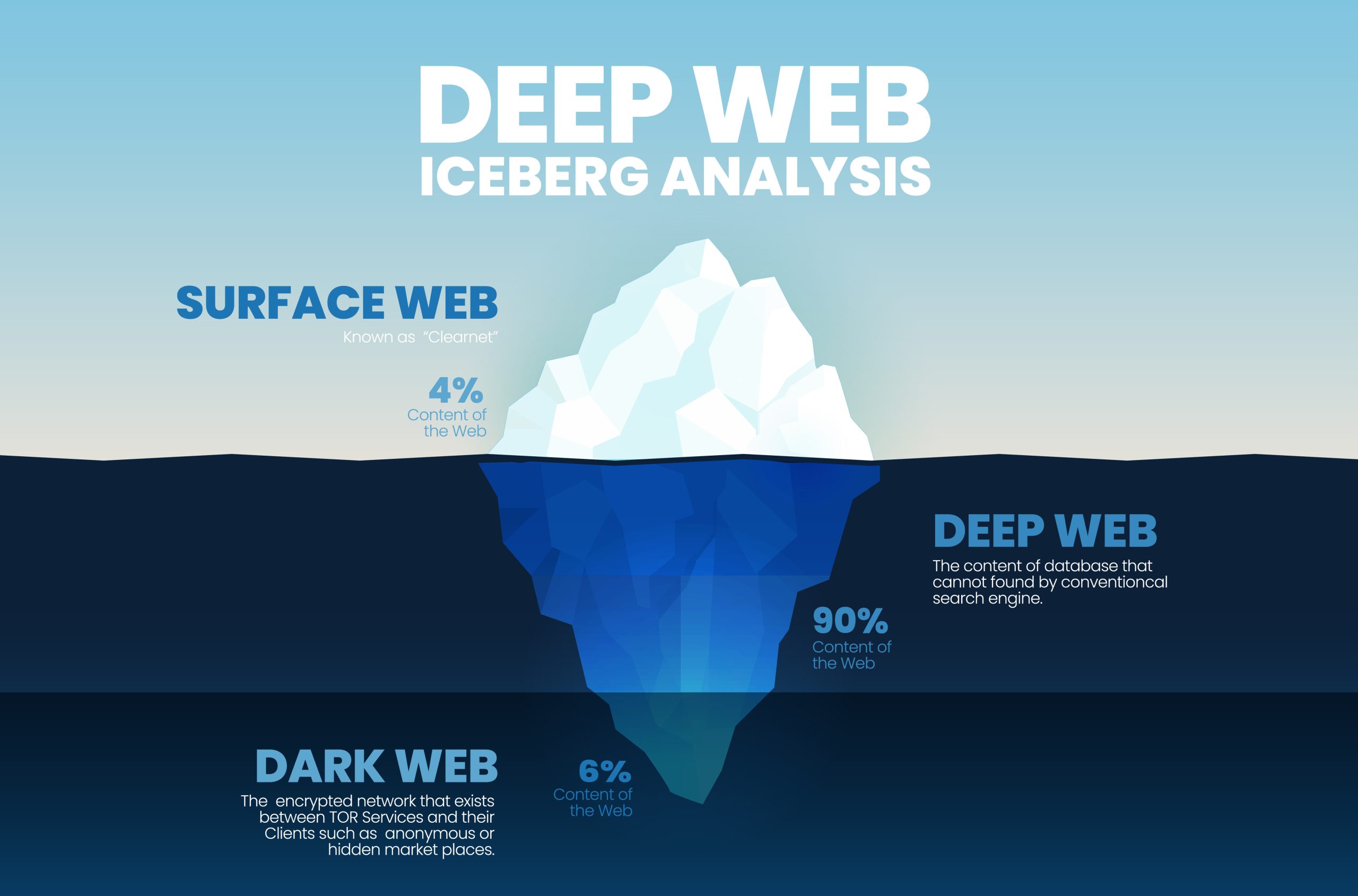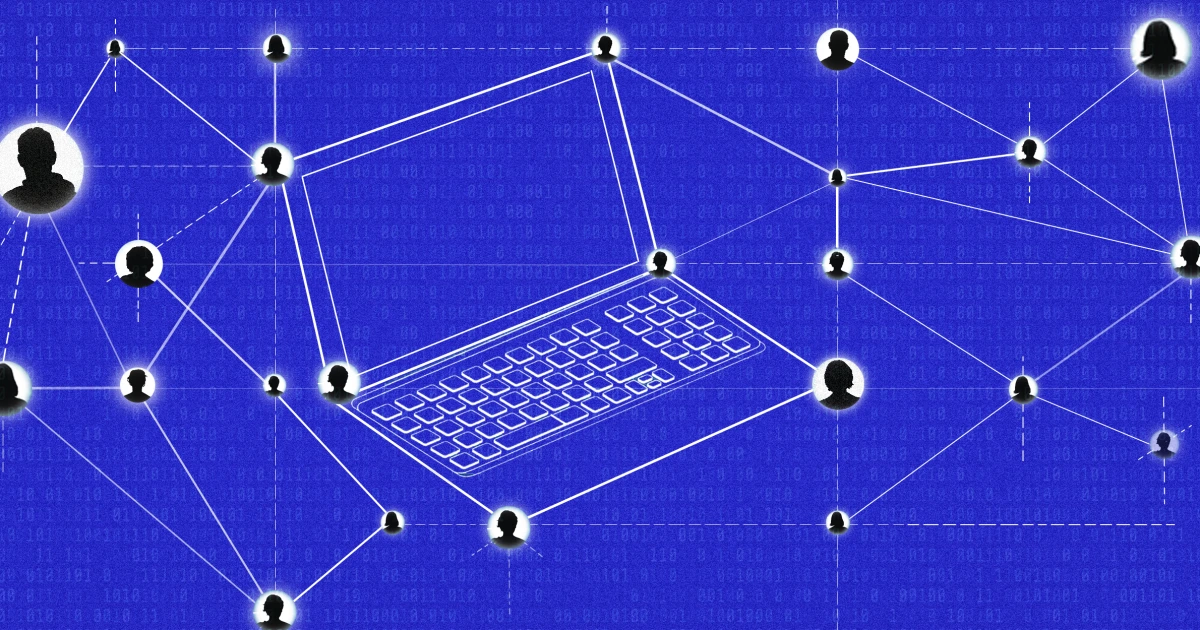justineanweiler.com – The internet is much larger than what most people interact with daily. Beneath the surface of commonly visited websites lies a hidden portion of the internet known as the Deep Web and the Dark Web. These two terms are often confused, but they have distinct meanings and serve different purposes.
What is the Deep Web?
The Deep Web refers to parts of the internet that are not indexed by standard search engines like Google, Bing, or Yahoo. This includes:
- Private databases
- Academic and government records
- Medical records
- Online banking portals
- Subscription-based content (e.g., paywalled news articles, private forums)
- Internal corporate networks
Essentially, anything requiring login credentials or a direct URL falls under the Deep Web. It is estimated that the Deep Web makes up around 90% of the entire internet, meaning the websites we use daily are just the tip of the iceberg.
What is the Dark Web?
The Dark Web is a small portion of the Deep Web that is intentionally hidden and requires special software, such as Tor (The Onion Router) or I2P (Invisible Internet Project), to access. Unlike the Deep Web, which contains legitimate and legal content, the Dark Web is often associated with anonymity and illicit activities. Some key aspects of the Dark Web include:
How to Access the Dark Web
- Users need special software like Tor to access .onion websites.
- Tor encrypts users’ data and routes it through multiple servers, enhancing anonymity.
- Standard search engines do not index Dark Web pages.
What is Found on the Dark Web?
- Legal and ethical uses:
- Whistleblower platforms (e.g., SecureDrop)
- Anonymous communication for journalists and activists
- Private social networking
- Illegal activities:
- Black markets for drugs, weapons, and stolen data
- Hacking services and cybercriminal forums
- Fraudulent documents (e.g., fake passports, credit card information)
Is the Dark Web Illegal?
Accessing the Dark Web itself is not illegal, but engaging in illegal activities there is. Many cybersecurity experts, journalists, and privacy advocates use the Dark Web for legitimate reasons. However, law enforcement agencies monitor illegal activities and conduct operations to shut down criminal sites, such as the well-known Silk Road takedown in 2013.
Risks of Using the Dark Web
While the Dark Web provides privacy, it also comes with significant risks:
- Cyber Threats: Many websites host malware and phishing scams.
- Scams & Fraud: Many marketplaces operate without buyer protections.
- Legal Implications: Accessing illegal services may attract law enforcement scrutiny.
Conclusion
The Deep Web and Dark Web are misunderstood yet significant parts of the internet. While the Deep Web is essential for privacy and security in everyday online activities, the Dark Web remains a double-edged sword—offering anonymity for both good and bad purposes. Anyone interested in exploring these areas should proceed with caution and awareness.





